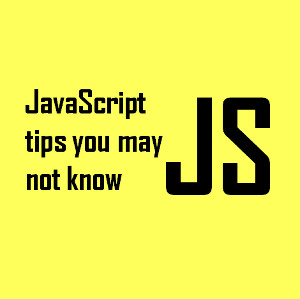How can a Fresher get into a Data Science career? (Part 3)
In my last post on this subject, I suggested that new graduates in computer science, technology and engineering might want to consider acquiring skills in a language like Python and how to apply it for machine learning as a first step.
Incase you haven't read the first part, please visit:
How can a Fresher get into a Data Science career? (Part 1)
An additional nice-to-have for this segment of aspirants would also be the basics of working with Big Data, particularly how to source, store and retrieve Big Data, and how to implement pre-processing tasks using Big Data technologies.
From there, the next step actually consists of two separate steps that you need to pursue in parallel.- Practice your newly acquired skills by doing a project, starting with a simple one that can be done on your home PC or laptop, and then working your way up from there to slightly bigger projects as you get better at it. The additional benefit of doing this is that it will give you one or more useful bullet points of experience to add to the CV you’ll be using in the next point.
- Start your job search. This is where you need to go all out to make yourself visible and noticed, by creating a profile on job boards and professional networking sites. Put up a professional picture of yourself and send connection requests to relevant people in companies that interest you, people who might potentially be your hiring manager or who could connect you to one. What will make them interested in your interests is a clear listing of your relevant skills and a summary of how data science techniques are being used in the projects you’re doing. And of course, apart from doing this in the digital world, also try to attend and interact with other people at real world meetups and similar networking events that are within your reach. At the very least you’ll hear some interesting conversations and hopefully make some new acquaintances.
So how do you set up a project of your own? The courses that you did before will hopefully have introduced you to the new development environments, databases and so on that you will need. For project ideas, you can do it two ways: if you have an idea, you can search online for the data sets that you need to implement it. Or you can first do a bit of online scouting to see what data sets are publicly available to you. Such publicly available data sets are usually found on government sites. Perhaps looking at the kind of data available will spark off a project idea, such as finding correlations between different variables and then making predictions. Some of these data sets may be too large for data science algorithms to work on your home PC or laptop environment, and if that’s the case just take a fraction of them and continue. Even this is a part of the learning process.
As you gain in confidence, you can graduate to doing projects on sites like Kaggle. How fast and how far you want to go is really up to you. If you still haven’t found a job along the way yet, you can use any free time you have to learn about some of the linear algebra and statistics theory behind all those functions that you’ve learned to use, so that you can use them more effectively. It’s not necessary at this stage of your career, (as I said in my first post), but always nice to know. At this stage, remember that what’s most important is still that you are capable of developing data science code proficiently in at least one language.
Just keep at it, keep learning, keep being up to date on what’s developing in the data science world around you and one day you’ll get that first job break!
In my next post, I’ll talk about how graduates from the mathematics and statistics field can get on the path to becoming a data scientist.

 Mario Lewis
Mario Lewis








